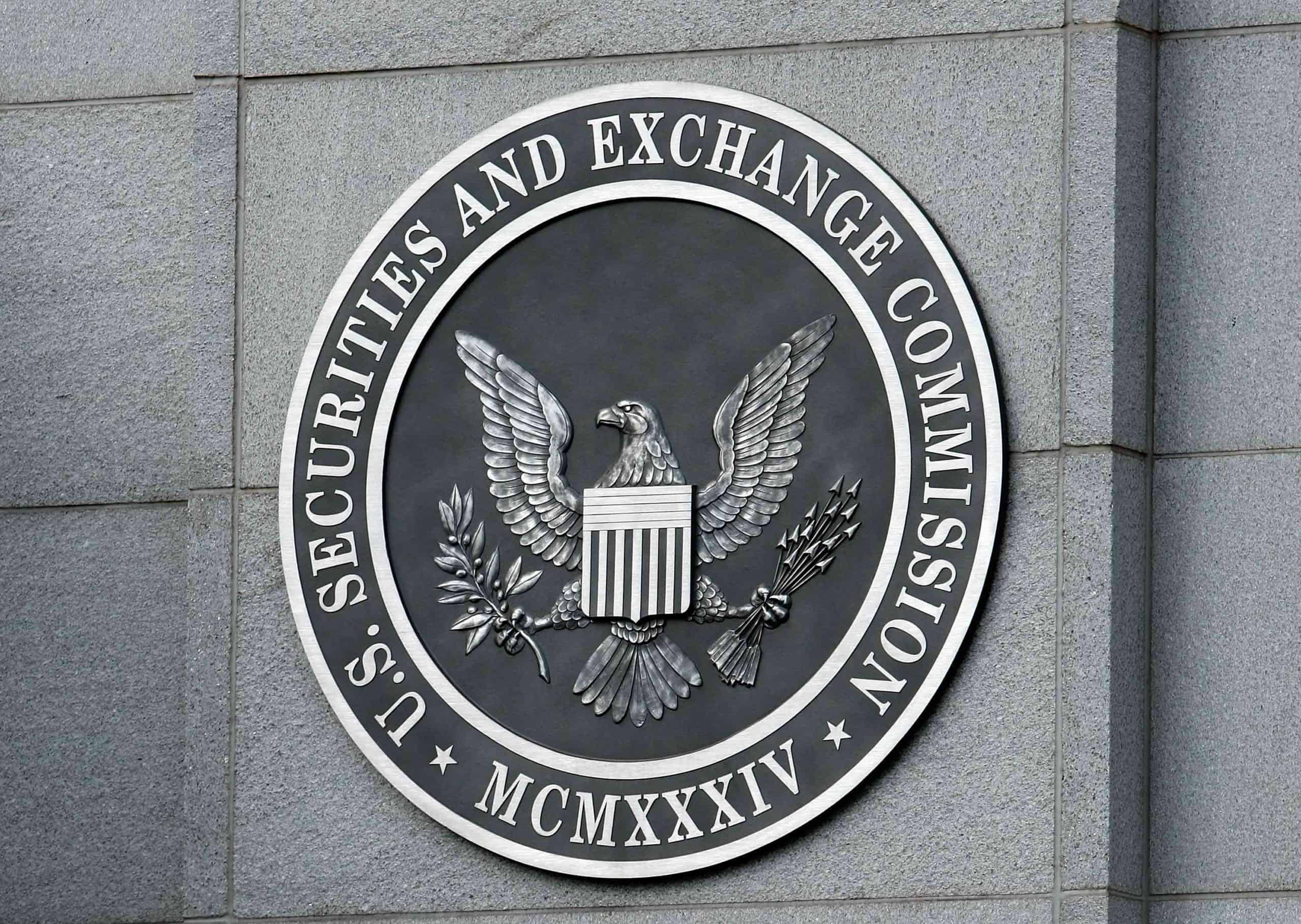On Monday, the Securities and Exchange Commission (SEC) filed allegations against Bittrex, stating that the Seattle-based exchange did not comply with securities legislation by failing to register with the financial watchdog in multiple different regions. The SEC charges were submitted in response to an investigation conducted by the SEC. According to the criminal complaint filed by the SEC, the exchange failed to register as a broker-dealer, exchange, and clearing agency, resulting in the exchange generating at least $1.3 billion in illegal income between 2017 and 2022.
In a press release issued on Monday, the SEC said that it will examine “problematic statements” made by Bittrex. These comments included price projections and remarks that implied a “expectation of profit.” Bittrex collaborated with crypto issuers to “delete… ‘problematic statements'” In addition, the SEC asserts that Bittrex ought to have registered as an exchange, clearing agency, and broker given that it offered the services that are associated with all three kinds of businesses.
As laid out in our complaint, Bittrex’s business model was based on three things: circumventing the registration requirements of the federal securities laws; counseling issuers of crypto asset securities to do the same by altering their offering materials; and combining multiple market intermediary functions under one roof to maximize profits.
Gurbir Grewal, Enforcement Director – SEC
Bittrex stated its intention to leave the United States by the end of April in its announcement from the previous month, citing “the current U.S. regulatory and economic environment.” More information was disclosed by the firm during the past weekend, when general counsel David Maria informed the Wall Street Journal that the company had received a Wells Notice from the SEC’s Enforcement Division in March. A Wells Notice is a declaration indicating the SEC’s Enforcement Division discovered evidence of legal infractions. In an interview with the Journal, Maria said that Bittrex will defend itself against the lawsuit until the SEC presented a “reasonable settlement offer.”


































